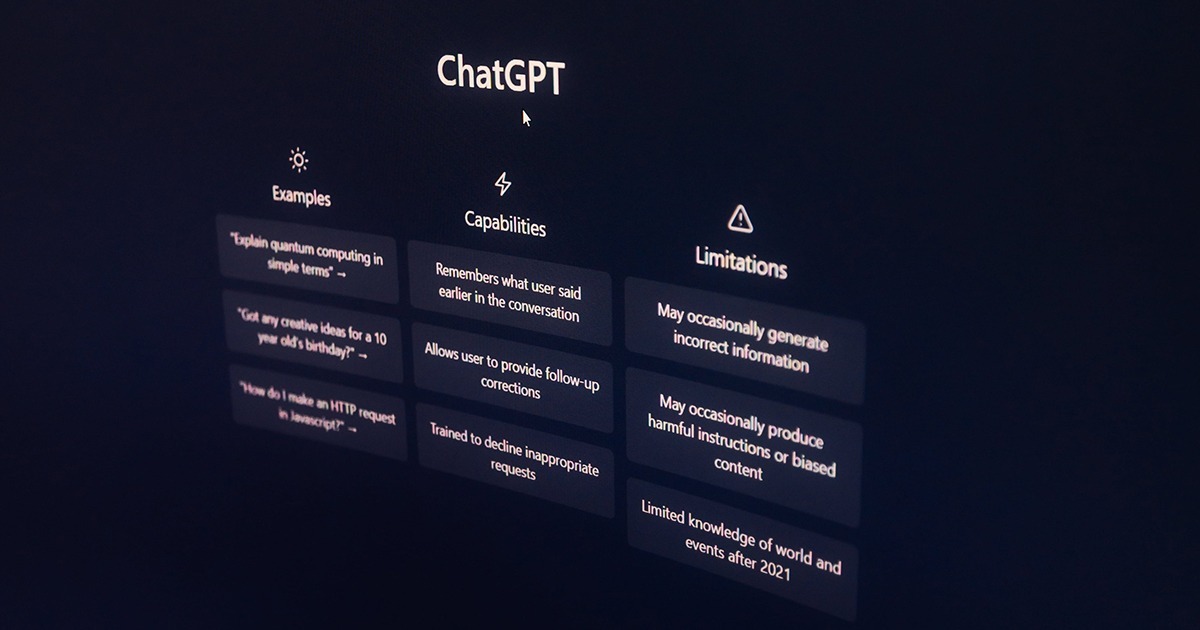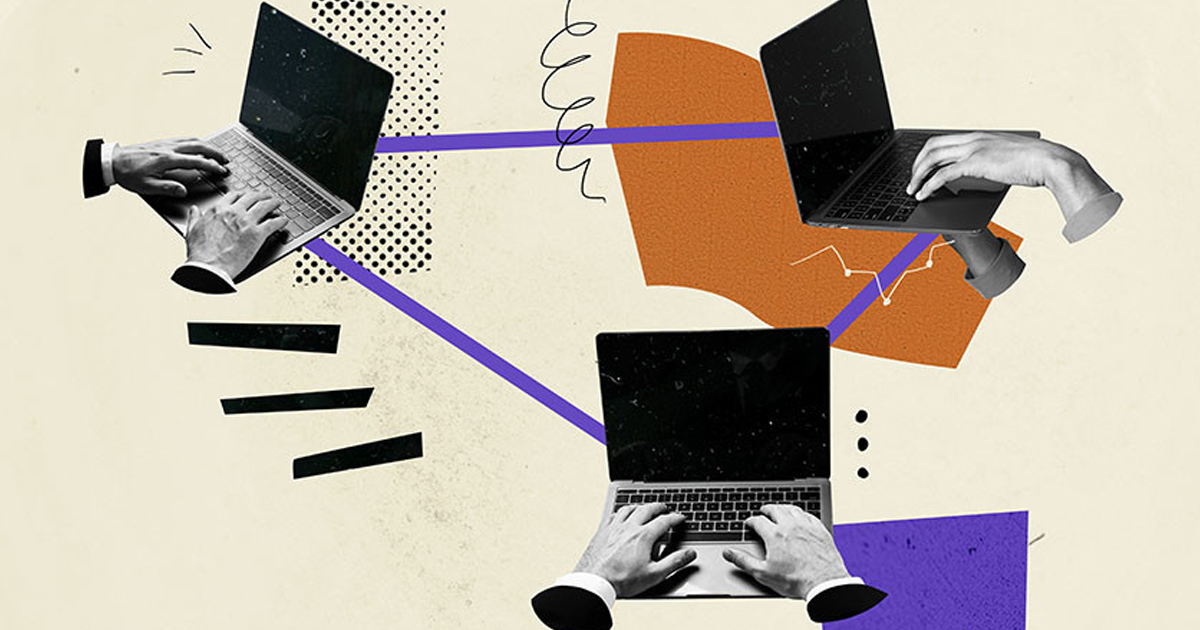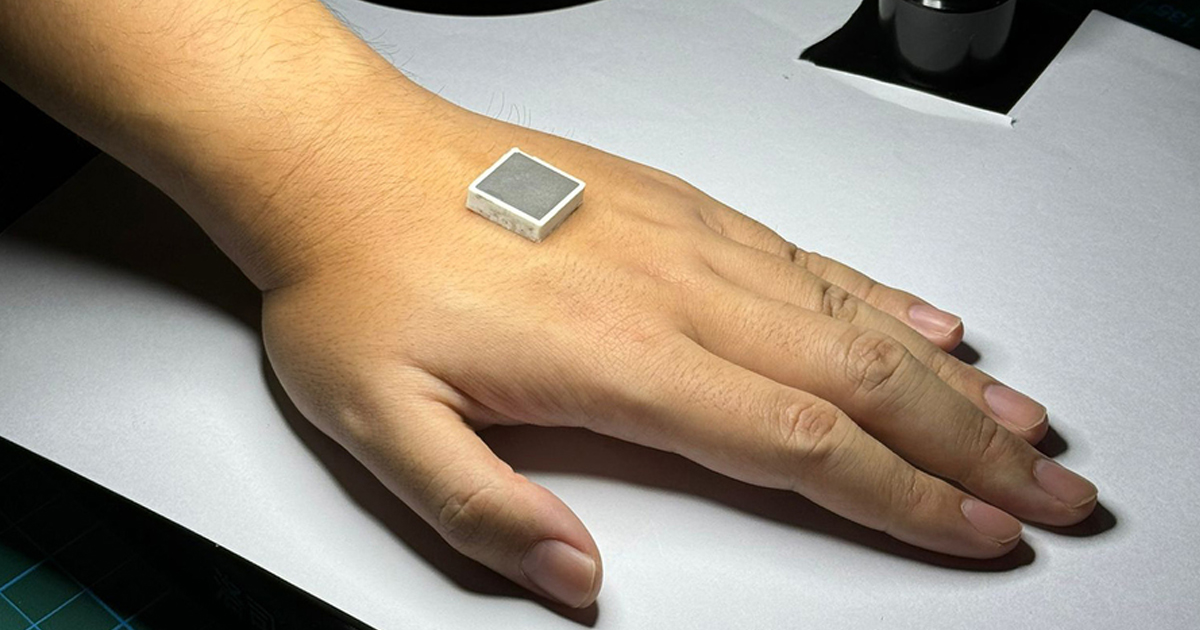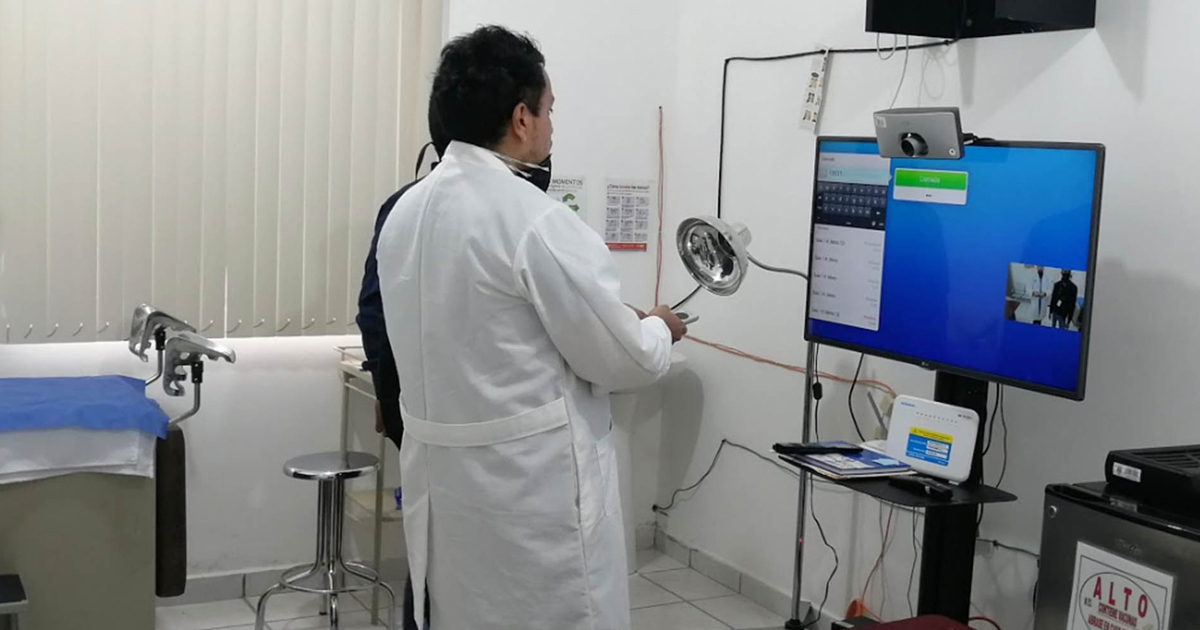La respuesta a los desafíos de la salud que están por venir dependerá de una red más estrecha de asociaciones público-privadas y cooperación internacional.
Se celebró la “Conferencia Europea HIMSS & Health 2.0” en Helsinki, Finlandia con el objetivo de analizar y poner en la mira del sector público los retos y proyectos a futuro que conlleva el desarrollo de la digital health.
El punto clave al que se llegó fue la colaboración entre los distintos países del mundo para unificar ideas y estrategias que puedan encontrar su potencia en la unidad y en el trabajo en equipo.
“Al reunir a personas de diferentes países y sectores, la academia, las empresas y el gobierno, tenemos una mejor oportunidad de encontrar nuevas soluciones. Trabajando y discutiendo juntos sobre los desafíos y oportunidades relacionados con una mejor salud, estamos avanzando hacia nuevas innovaciones”, dijo Päivi Sillanaukee, secretaria permanente del Ministerio de Asuntos Sociales y Salud de Finlandia.
Este país se ha trazado desde muy temprano en su agenda cosechar los puntos más álgidos para trabajar en la salud de la población, es por eso que desde la década de los 60 viene recaudando datos provenientes de la situación socioeconómica de la sociedad civil y así crear un banco de datos digital que permita establecer un plan de acción efectivo.
Un buen ejemplo creativo se encuentra en Kanta, una reserva de datos digitalizados e incrustados en la nube y en donde cualquier paciente en cualquier momento puede consultar sus registros clínicos o solicitar recetas médicas en un sistema práctico de documentos electrónicos; la experiencia de navegar por esta aplicación es más afable y el método se vuelve indispensable para garantizar un estado de bienestar total.
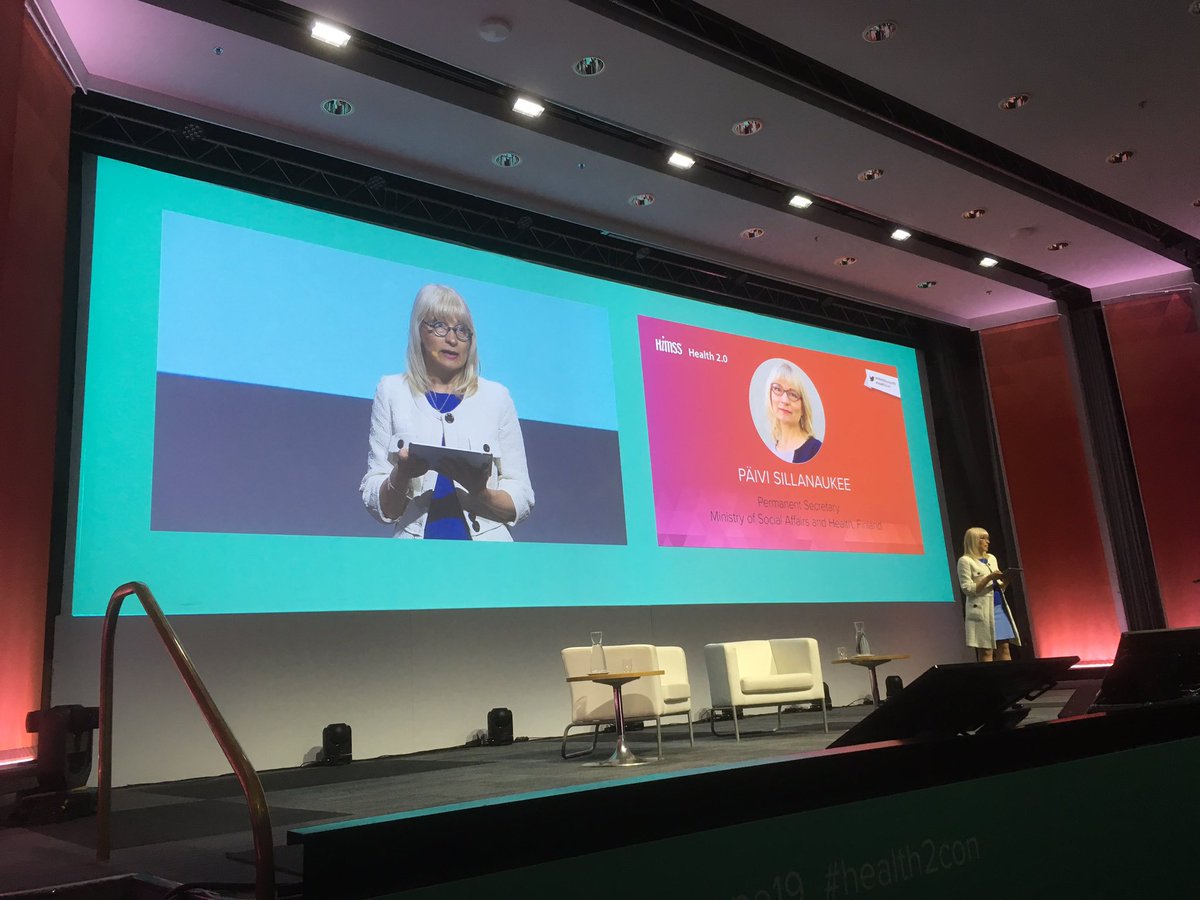
Además, aunado a Kanta, se convierte en algo viable el hacer uso de todo ese arsenal de información para dar paso a investigaciones y proyectos que tengan como estandarte adentrase más al campo de la digital health e innovarla con avances tecnológicos que permitan ampliar la forma en la que se utilizan los datos digitales para mejorar la medicina y lograr aplicaciones orientadas a solucionar problemas de salud emergentes.
Finlandia cree que con el uso de la Findata (conjunto de datos digitales) las instituciones y demás organismos alrededor del mundo podrán tener una libertad que permita compartir lo necesario para gestar propuestas dentro de la salud pública.
La construcción de buenos servicios de digital health por sí sola es imposible, una tarea así debe ser respaldada por equipos multitudinarios de diversos países del mundo con el mismo objetivo: mejorar la salud de las personas y prevenir enfermedades desde casa con ayuda de la tecnología.


